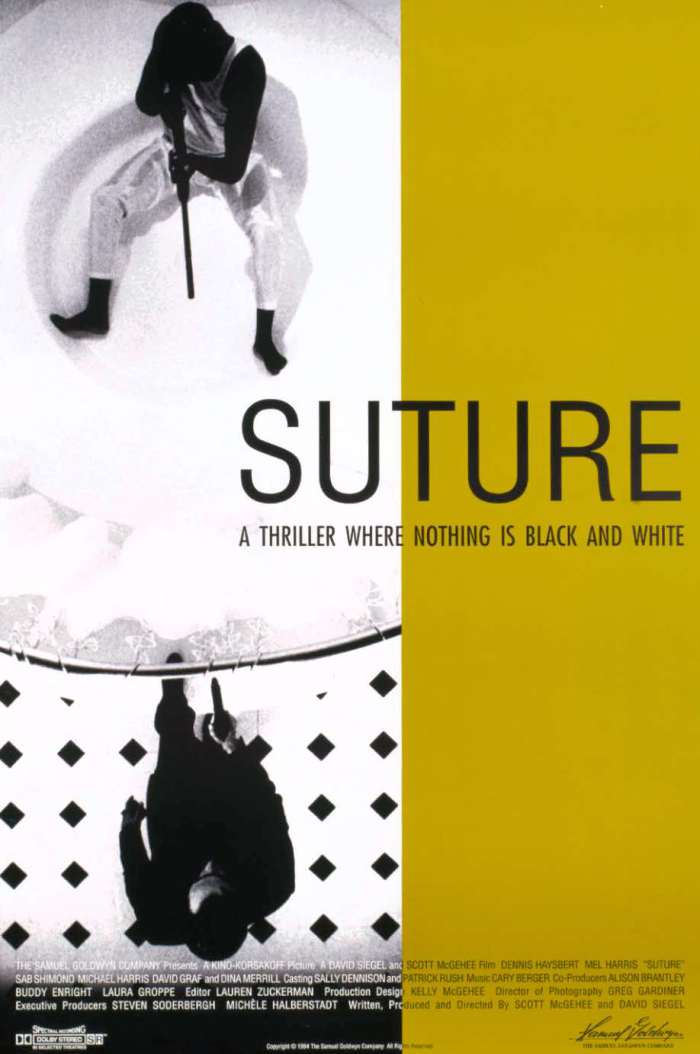
Title: Suture
Year: 1993
Country: USA
Language: English
Genre: Drama, Thriller
Directors/Writers: Scott McGehee, David Siegel
Music: Cary Berger
Cinematography: Greg Gardiner
Cast:
Dennis Haysbert
Mel Harris
Sab Shimono
Dina Merrill
Michael Harris
Fran Ryan
David Graf
Sandra Ellis Lafferty
Rating: 6.9/10
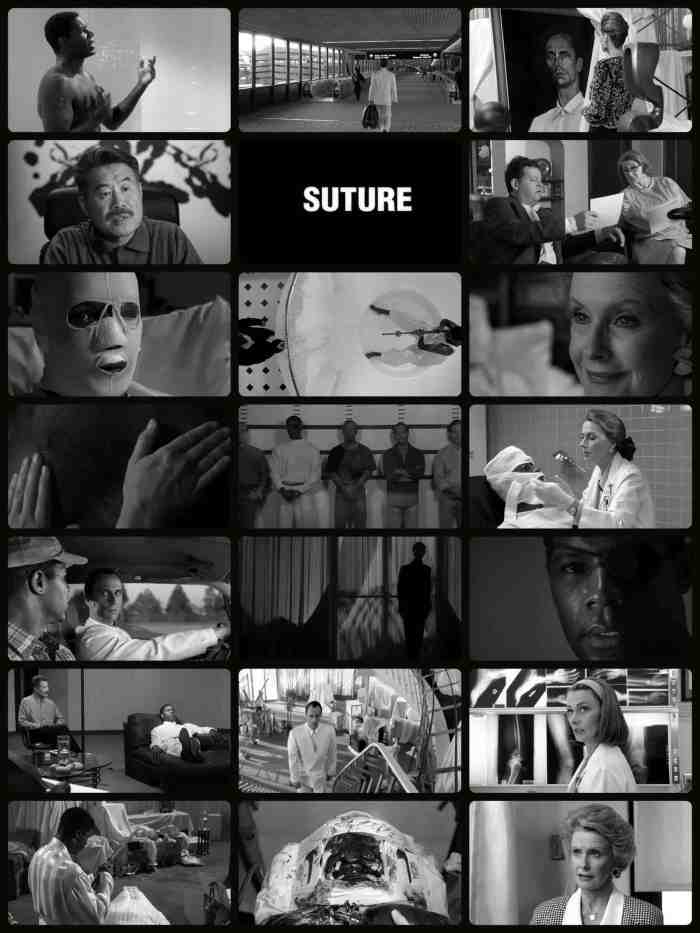
The debut feature of US filmmaker-duo Scott McGehee and David Siegel is a pristine-looking psychological forensics of an individual’s confused identity, shot in widescreen black-and-white cinematography, SUTURE has its unmissable neo-noir panache awash but also undeniably undercut by its slight story-telling stratagem.
McGehee-Siegel’s conceit is surprising and madcap, the purportedly identical half-brothers Vincent Towers (a dour-looking Harris) and Clay Arling (Haysbert) are diametrically different in their appearances (the racial distinction strikes as a self-aware but caustic jape), which at once impels viewers to suspend our disbelief and blatantly dissociates its scenario from any pretension of realism, as if to declare in its opening: don’t trust what you’ve seen.
Truly, what we see is a rather simple identity-swapping scheme goes amiss, after murdering his minted father, Vincent plots to liquidate Clay, his doppelgänger half-brother, whose existence is conveniently sealed from the outside, thus Clay would be the whipping boy passing off as Vincent, guilty and perished, then the real Vincent can return as Clay to claim his munificent inheritance. The plan is seamless a priori, but miraculously Clay survives the car comb and ends up with a disfigured visage and severe amnesia. Treated by Dr. Renee Descartes (Harris) to reconstruct his face, now believing he is Vincent, Clay’s memory has to take a longer divagation to recover his true identity under the psychoanalysis of Dr. Max Shinoda (Shimono), who is welded together with the image of Rorschach test and passes wisdom in shrink’s parlance by rote, and it goes without saying, the real Vincent will not have Clay usurping his heirdom for too long, danger and myth (for instance, what is the ulterior motive of Vincent’s recently widowed mother Alice Jameson, played by an elegantly dressed, seemingly benignant Dina Merrill?) are hovering like dark cumuli, and the film’s ending sternly keeps the lid on its barbed irony of Clay’s ultimate choice.
In lieu of salting the plot, McGehee-Siegel duo resolves to making the mark of their cinematic style with their puny budget ($900,000). Potentially intensified by the sagacious choice of monochrome, the film emanates a beguiling retro-experimental flair with its punctiliously arranged compositions, high contrasted lighting and shades (inside the post-modern edifice equipped with bedsheet-covered furniture and unadorned walls functioning as Vincent’s clinical abode) and jumpy montages.
Another boon to this glossy debut is Dennis Haysbert, a straight-up leading man material endowed with virility, sensibility and fine fettle, who totally has it in him to rival Denzel Washington’s prominent status in Hollywood only if we were living in a world of justice, and SUTURE, at any rate, is the bona-fides of the overlooked standing of McGehee-Siegel’s oeuvre.
referential points: McGehee-Siegel’s WHAT MAISIE KNEW (2012, 7.6/10), THE DEEP END (2001, 7.7/10); Georges Franju’s EYES WITHOUT A FACE (1960, 7.6/10).
Advertisements Share this: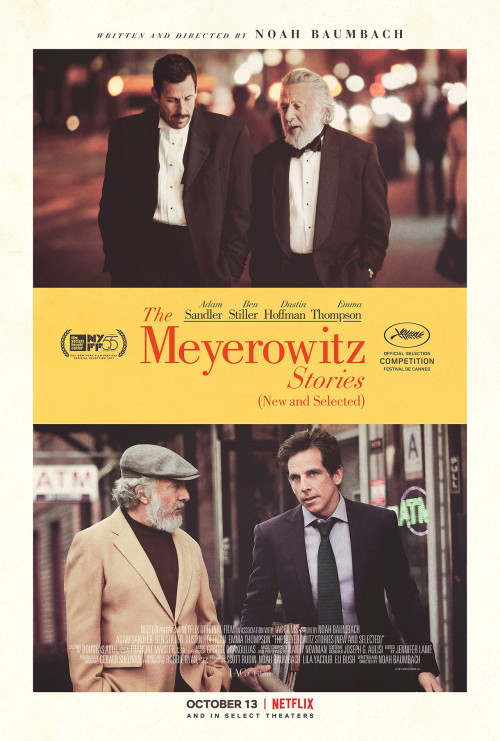
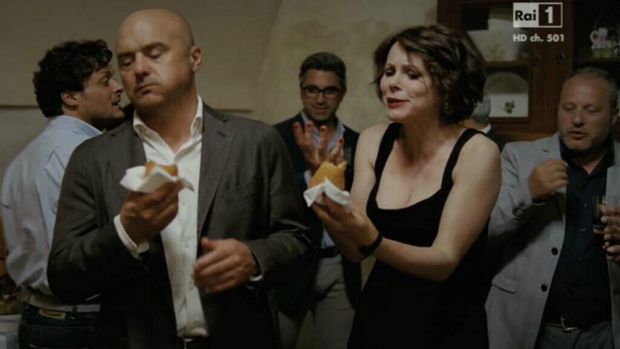
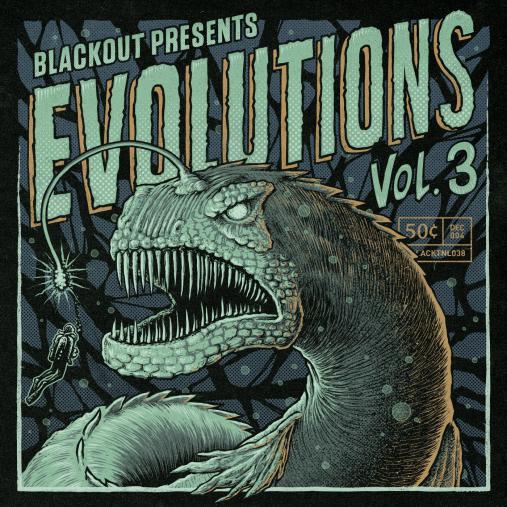
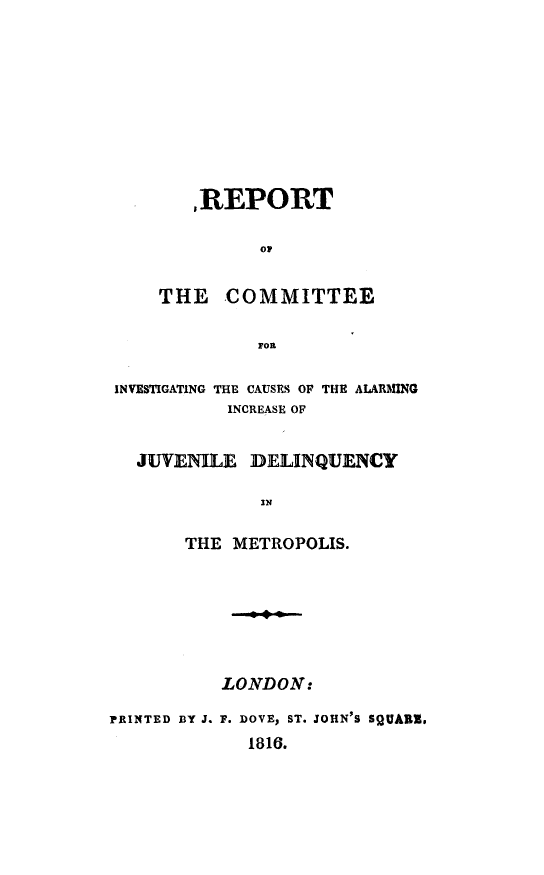
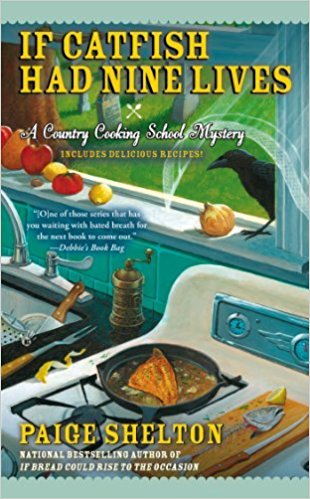
![Stone Cold Fox (Cougarville) by [Anderson, Evangeline]](/ai/053/370/53370.jpg)